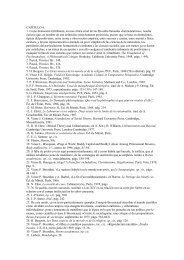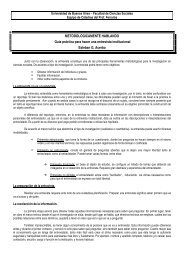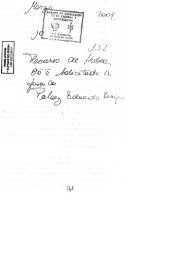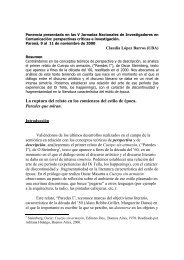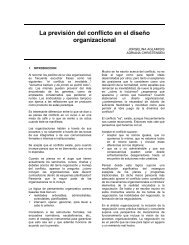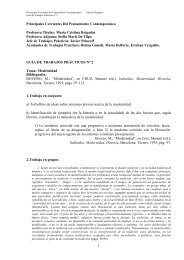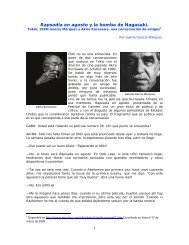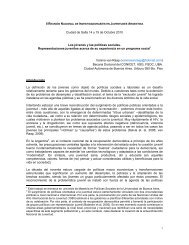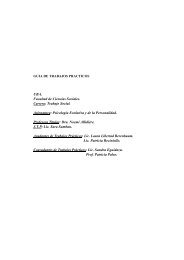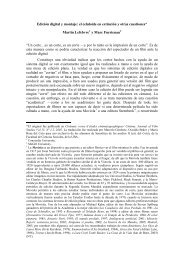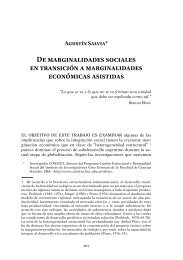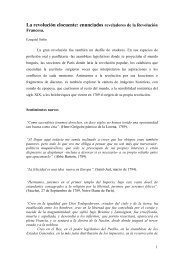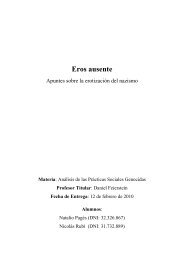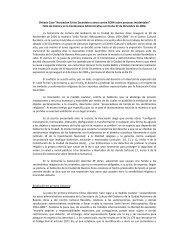Charisma Reconsidered
Charisma Reconsidered
Charisma Reconsidered
Create successful ePaper yourself
Turn your PDF publications into a flip-book with our unique Google optimized e-Paper software.
admirers as charismatic. Why should such a collection of leaders have emerged<br />
when, and where, they did? A similar question may be raised about celebrity.<br />
One source of Weber’s error about the role of charismatic leaders in<br />
politics had little to do with this trajectory of charisma, but resulted from a<br />
miscalculation about party politics. The arguments of Robert Michels (1959<br />
[1911]) with respect to the bureaucratic selection of leaders – his Iron Law of<br />
Oligarchy – in the SPD during the Kaiserreich impressed Weber, and he generalized<br />
them to the foreseeable future. This was an error based on an overestimation<br />
of the ability of party professionals to win elections without charismatic<br />
candidates, and of their eagerness to participate, as Weber puts it, in the castration<br />
of charisma rather than in the exploitation of charismatic candidates for their own<br />
ends. European politics developed in a particular way as the result of the Second<br />
World War and the Cold War, each of which had consequences that undermined<br />
the harsh interest politics that characterized Weber’s era, as did the post-war<br />
prosperity that resulted in the diminished distinctiveness of the traditional working<br />
class. European politics were no longer governed by the kind of totalizing<br />
party loyalties that had characterized the interwar years. Parties had to appeal to<br />
non-party voters in order actually to hold power. At the same time the emergence<br />
of a class of non-party voters who could switch allegiances depending on the<br />
candidate made it possible for ‘personal’ political leaders to emerge. These leaders<br />
often behaved in a way that conformed to some extent to Weber’s model of the<br />
great 19th-century British political leaders, notably Gladstone, whom Weber saw<br />
as having considerable power over and against the apparatus of the party<br />
organization by virtue of his public demagogic appeal. But the pattern was more<br />
complex. The consequence of the technologies of media and particularly television,<br />
which had the effect of personalizing the relations of voters to candidates,<br />
meant that in politics a certain amount of ‘charisma’ was essential. Party functionaries<br />
were turned into managers whose task it was to develop and care for a stable<br />
of electoral racehorses. A kind of symbiotic relationship developed between<br />
professional election specialists, armed with polls, and leaders who were able to<br />
project themselves successfully to an electorate. <strong>Charisma</strong> was thus technicized<br />
and professionalized, but not entirely so – the necessary personal qualifications for<br />
constant ‘presence’ in front of television cameras were rare, and could not be<br />
tutored if there was no charisma within, to use Weber’s own phrase. 3<br />
Moreover, in the Third World, charismatic leaders arose with considerable<br />
frequency. Why? If we think of the charisma–fear relationship discussed above, the<br />
pattern makes more sense. The ‘baffling successes’ of these leaders rested on their<br />
ability to exceed expectations, in a situation of danger and uncertainty. The<br />
opponents of these leaders were hegemonic powers, who controlled their empires<br />
or spheres of influence not by the direct application of military force, but by bluff.<br />
The ‘expectations’ that the leader had to overcome were set by the threats made<br />
by the hegemon, threats that a clever leader could see were not likely to be carried<br />
out, so that acting or speaking out against the hegemon, and doing so visibly, and<br />
TURNER CHARISMA RECONSIDERED 21



